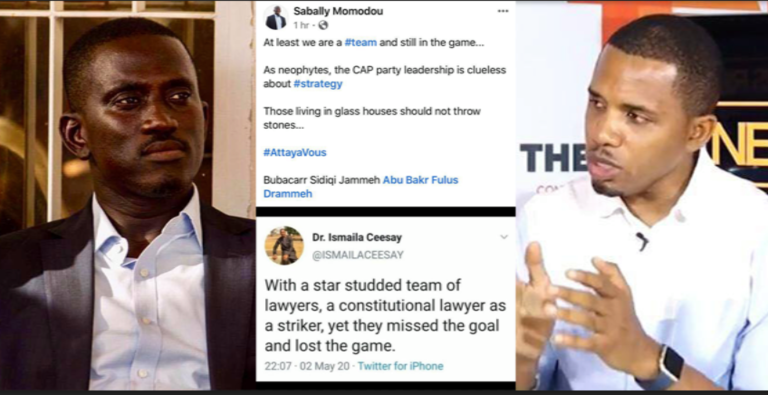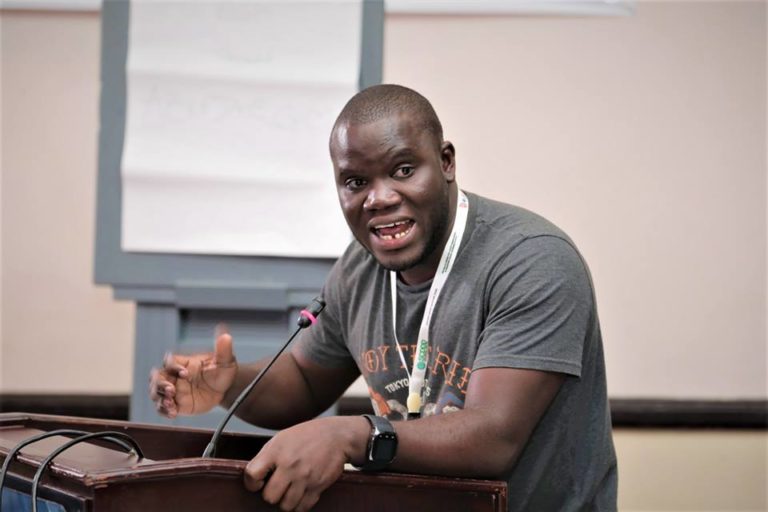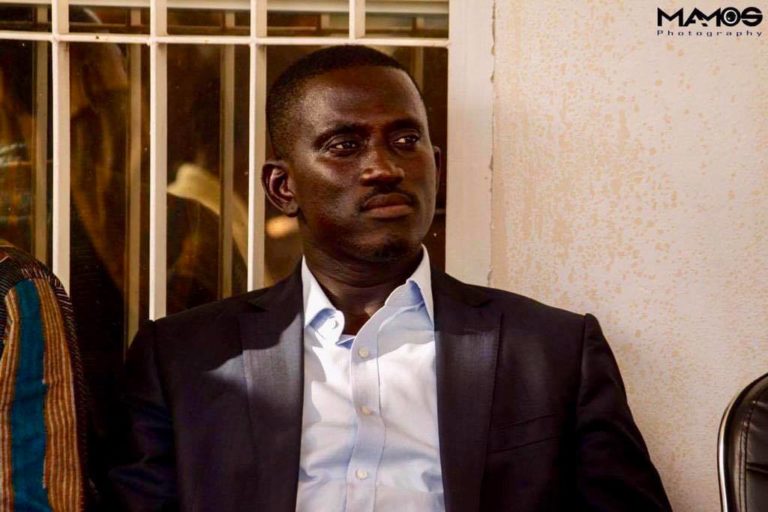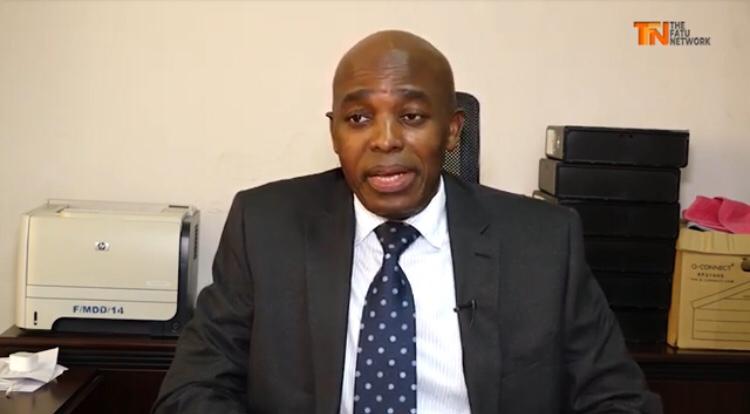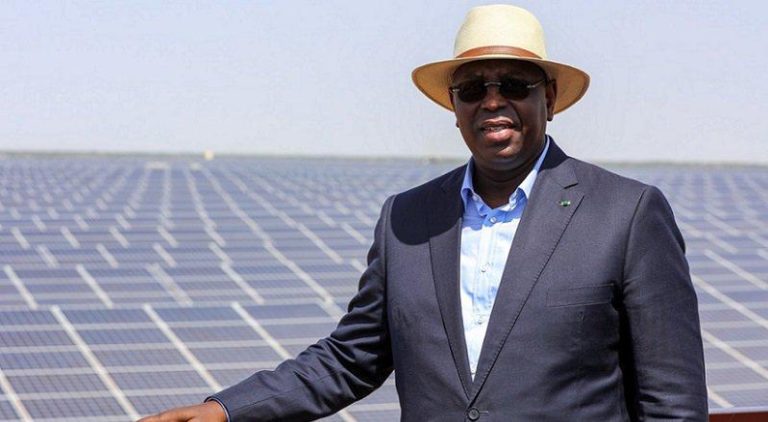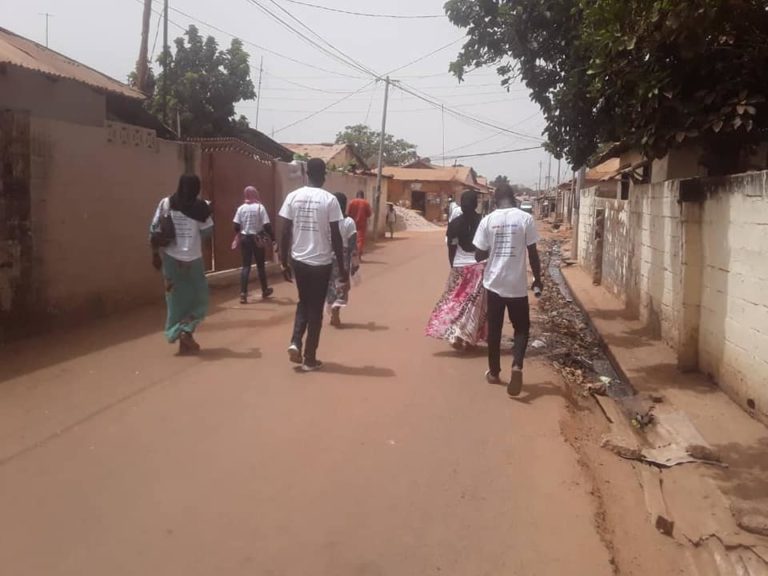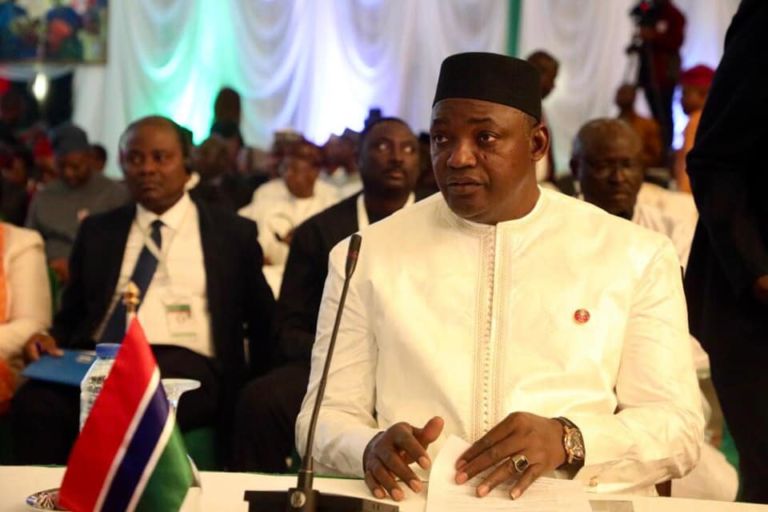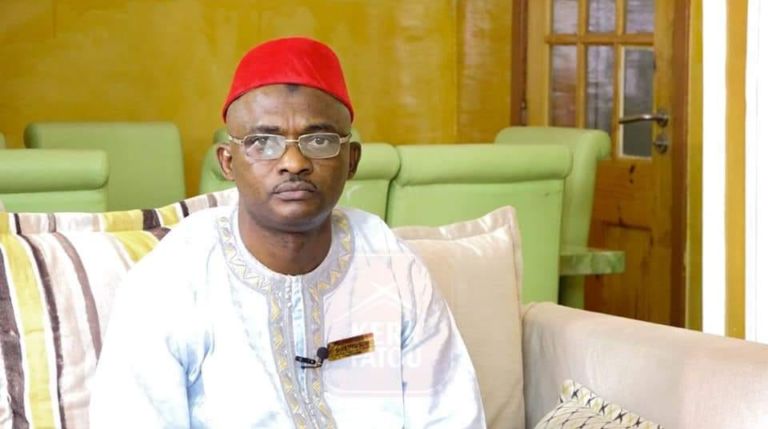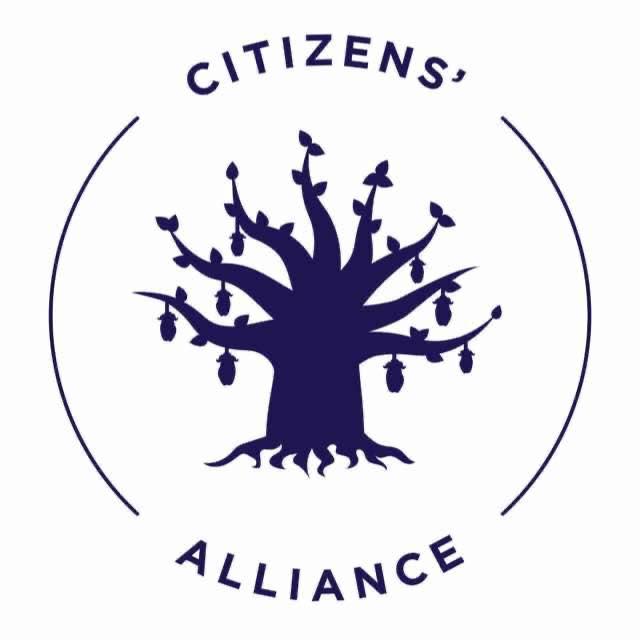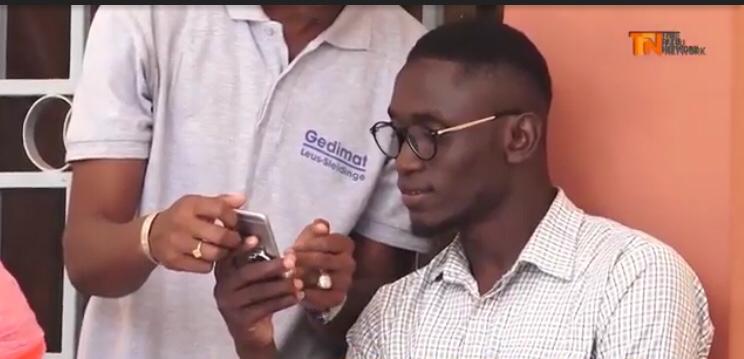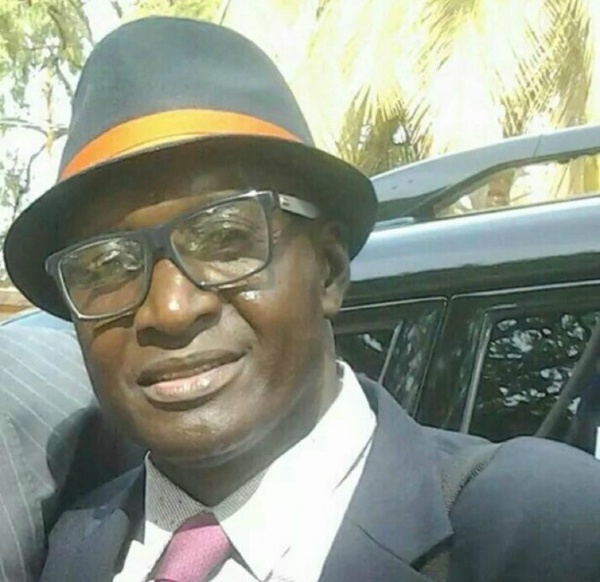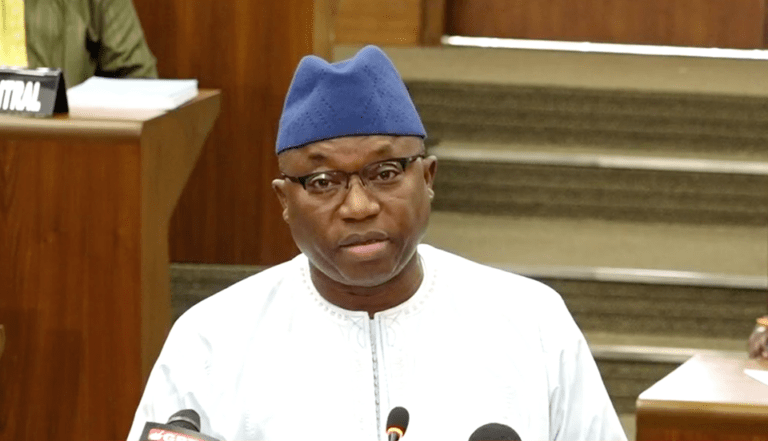As we continue to interrogate the proposed Draft Constitution (the Draft) in the tradition of public conversation, issues central to equality and the fundamental precept of the separation of powers are being partially considered in this instalment.
Although not a part of the justiciable constitutional text, the preamble would ordinarily constitute a true reflection of the letter and spirit of the document. In the extravagant claim of the incongruent first and second paragraphs of the Draft preamble, the people of Gambia “… having had the opportunity to express our views and aspirations on how we wish to be governed, affirm that this Constitution is the embodiment of our will and resolve for democracy … separation of powers … equitable distribution and use of resources, the rule of law, equality and observance of the principles of fundamental human rights and freedoms”.
In light of the above, I propose to examine separation, equality, and equitability.
The concept, now a firmly established constitutional principle across the democratic world is rooted in the simple if sublime proposition that governmental powers must be located within the legislative, executive, and judicial domains of a polity in a manner that keeps them “separate from, and independent of, each other as the nature of a free government will admit; or as is consistent with that chain of connection that binds the whole fabric of the constitution in one indissoluble bond of unity and amity” (Federalist 47)
That separation also entails the branches acting as checks on each other.
On the physical layout of the Draft, separation is arguably adhered to.
But the spirit and actuality of separation are smothered by an ‘animal farm’ tendency that accords differential treatment to the doctrine among the branches of government.
For example, in the Draft, the President is removed via an elaborate impeachment mechanism involving the National Assembly (NA) and the Judiciary. The role of the Judiciary may be regarded as a safeguard against legislative vandalism but considering that an impeachment process is exclusively a public function, it is improper to allocate decision making functions to participants outside the three branches government.
In that regard the delineated process may be faulty but at least all three branches are involved.
If the process of presidential removal in the Draft is given a qualified pass, how should a Superior Court Judge (a Judge) be removed from the bench given the democratic principle of separating power and its concomitant philosophy of checks and balances?
In the Draft, the removal of a Judge is a wholly internal process. What role is accorded the President is merely ceremonial, as in merely suspending or dismissing a Judge after a decision was reached by the Judiciary’s internal and largely collegial deliberations.
By section 194 (1) of the Draft, “a Judge may be removed for – (a) inability to perform the functions of his or her office arising from infirmity of body or mind; (b) gross misconduct or misbehaviour; (c) serious breach of a code of conduct applicable to judges; or (d) bankruptcy or entering into an arrangement with creditors”.
The removal process is triggered by either the Judicial Service Commission (JSC) on its own motion, or a petition to it by a member of the public. If the JSC is persuaded it petitions the President for the removal of the Judge who then issues a suspension within seven days.
Inside fourteen days of suspension, the President, acting on the advice of the JSC, “… shall – (a) in the case of the Chief Justice, appoint a tribunal comprising – (i) a judge of a Supreme Court or its equivalent in a country with a common law tradition and jurisdiction, as chairperson; (ii) two other superior court judges from separate countries with a common law tradition and jurisdiction; (iii) a legal practitioner of not less than twenty years’ experience with high moral character and proven integrity; and (iv) one person, not being a legal practitioner, with not less than twenty years’ experience in public service affairs and of high moral character and proven integrity.
On the other hand, if the target of removal is “… a judge of the Supreme Court, other than the Chief Justice, appoint a tribunal comprising – (i) the President of the Court of Appeal, as chairperson; (ii) two other persons who hold or have held office as superior court judges; (iii) one legal practitioner of not less than fifteen years’ experience with high moral character and proven integrity; and (iv) one person, not being a legal practitioner, with not less than twenty years’ experience in public service affairs and of high moral character and proven integrity”.
In all other cases “… appoint a tribunal comprising – (i) a judge of the Supreme Court, as chairperson; (ii) two other persons who hold or have held office as superior court judges; (iii) one legal practitioner of not less than fifteen years’ experience with high moral character and proven integrity; and (iv) one person, not being a legal practitioner, with not less than fifteen years’ experience in public service affairs and of high moral character and proven integrity”.
As delineated in the Draft, removing a Judge raises troubling concerns, not least because it must be held in camera.
In CAMERA!
The process turns the separation principle on its head. As a sovereign country, Gambia must not look outwards for direct players in removing its Chief Justice.
Why must Judges decide the fate of other judges in a process that excludes any participation by the NA? In Kenya at lease a role is played by the Speaker of its National Assembly as Chair of the Tribunal constituted to investigate allegations against a Judge.
Even this is unsatisfactory given the separation principle and its handmaiden of checks and balances.
The Judiciary must subject itself to peer-scrutiny involving the NA in removing a Judge. It is a more transparent process and concentrates the mind of a Judge who may be more inclined to prolong matters given the nicer environment of close door removal hearings.
Far more troubling than the internal adjudication of a Judge’s fitness for office is the issue of retirement benefits as stipulated in the Draft.
According to 195 (1), “a judge of a superior court shall, on retiring, be entitled to any gratuity payable to him or her and shall, in addition, be paid a pension equal to the salary from which he or she retired, if on the date of retirement he or she has served as a judge of the superior court for an aggregate period of not less than ten years”.
At 195 (2) of the Draft, “where a judge of a superior court retires with less than ten but more than five years’ service as a judge of the superior court, he or she shall, in addition to being entitled to any gratuity payable to him or her, be paid a pension equal to three-quarters of the salary from which he or she retired”.
In the event the above provisions are unmet, (195 (3) of the Draft states that “a judge of a superior court who has not satisfied any of the conditions prescribed in subsection (1) or (2) shall, on retiring, be paid such gratuity and pension as may be approved by the Judicial Service Commission”
“Aggregate period”!
In effect, a Judge can work a few years, go international, utilised the revolving door to return with a view to accumulating the requisite period for a gold-plated pension package nicely carved in the Draft for a Judge by a CRC headed by a Justice of the Supreme Court. It is akin to what is called the military industrial complex in US political parlance.
Is this not the very definition of conflict of interest?
If earlier assertions of conflict regarding the appointment of a serving Judge as Chair appear esoteric and remote, is this unjustified “aggregate” policy written into the Draft not a crystal clear provision that will directly benefit a member of the CRC?
As if the CRC was afraid of retired Judges begging at Tippa Garage or the Traffic Light on Kairaba Avenue, 195 (5) of the Draft stipulates that “a pension paid to a judge of a superior court in accordance with this section shall be subject to increases as the salary of a serving judge of the superior court of the equivalent level”.
What the separation principle envisages is the operational independence of judicial officers and hence the protection of tenure in its fullest sense.
If this kind of pension is available to a Judge, how about a National Assembly Member and all other public servants who served decades and contributed immensely to the economic development of The Gambia.
What country pays a segment of the public workforce gold plated pensions whilst a vast segment of pensioners in the same public sector is mired in penury.
And don’t tell me about challenging the obvious discrimination in Court as the Draft state that its “validity or legality … is not subject to challenge by or before any court or other organ of the State” (see 7(3) of Draft).
The pension issue belong in separate legislation and not a national Constitution.
We urge the Judiciary to work collaboratively on a fairer pension scheme for everyone.
What is presented in the Draft for Judges is not “equitable distribution and use of resources”
Why amend if the Draft ought to be rejected for outraging the conscience of a conscionable people through blatant preferential treatment arguably informed by conflict of interest.
An equal not preferential and exceptional Gambia!
Lamin J. Darbo

